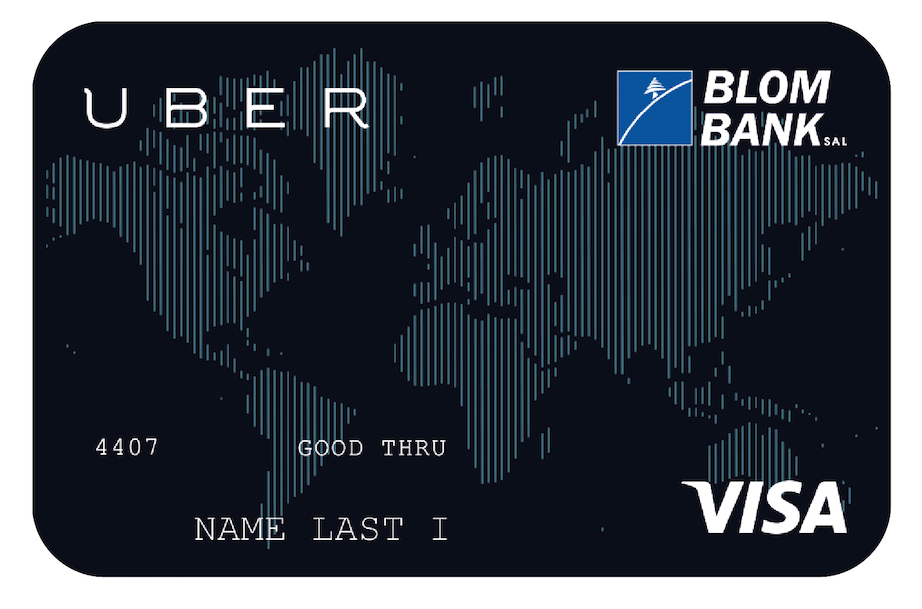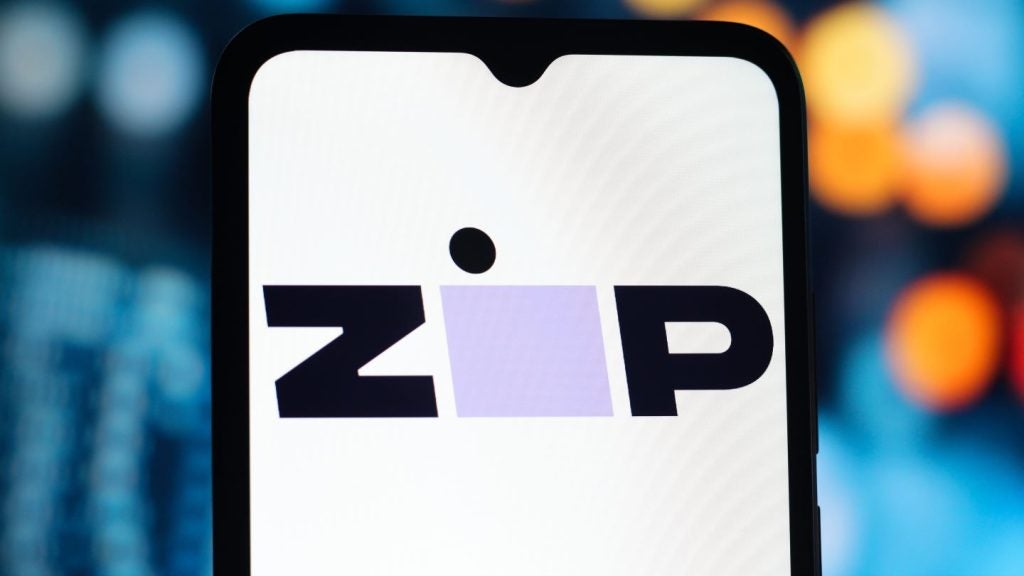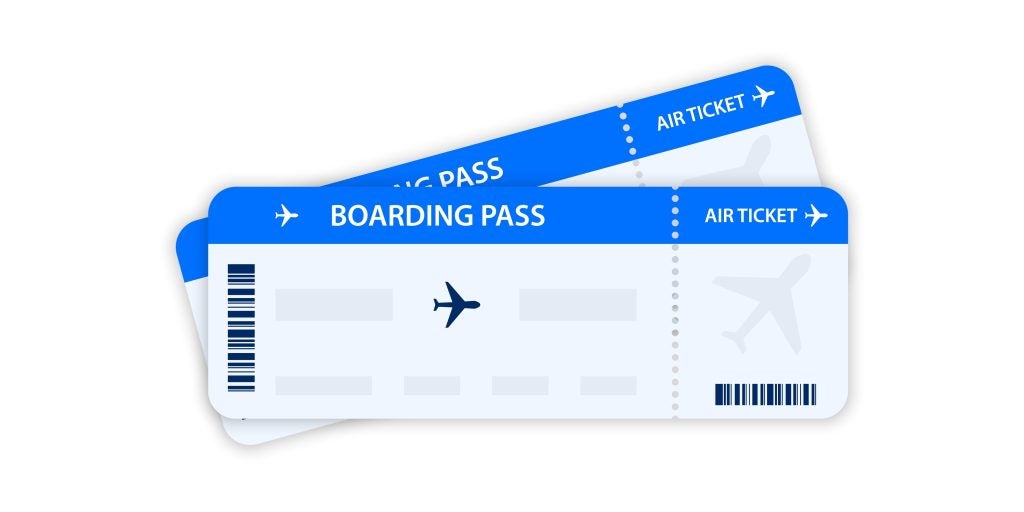
Ride-sharing scheme Uber Technologies plans to launch a co-branded credit card with Barclaycard this Autumn. Robin Arnfield reports.
According to the Wall Street Journal, both Uber and its rival Lyft are planning credit cards for their US customers, with Uber opting for a Visa-branded card. An Uber spokesperson confirmed to CI the accuracy of the WSJ report, but declined to provide details about the card. Lyft did not respond to CI‘s requests for comment.

Access deeper industry intelligence
Experience unmatched clarity with a single platform that combines unique data, AI, and human expertise.
Despite regulatory challenges in some markets such as London, which recently revoked Uber’s business licence, demand for ride-sharing services seems set to grow. According to a report by UK-based Juniper Research, Sharing Economy: Opportunities, Impacts and Disruptors 2017-2022, the number of ride-sharing drivers will increase from 4.3 million globally in 2017 to 8.6 million by 2022.
The report predicts that ride-sharing is set to represent 47% of sharing economy platform revenues by 2022. Ride-sharing platform providers can expect revenues to almost double across the period, from $11bn this year to $19bn in 2022, Juniper says.
Partnerships
In the US, Barclaycard offers co-branded credit cards with high-profile partners such as airlines Jet Blue and American Airlines and retailer Barnes & Noble. According to Tiffani Montez, a Senior Analyst with Aite Group, Barclaycard is among the top 10 credit card issuers in the US.

US Tariffs are shifting - will you react or anticipate?
Don’t let policy changes catch you off guard. Stay proactive with real-time data and expert analysis.
By GlobalDataIn the UK, Uber has a partnership with Barclaycard, under which UK Barclaycard personal credit cardholders get a free Uber ride in the UK, up to the value of £15, for every ten rides paid for via Barclaycard until 31st December 2017.
The offer applies to any cities Uber operates in worldwide. Also, under the agreement, first-time Uber users who add a Barclaycard or Barclays personal debit card to the app receive up to £10 off each of their first two trips booked through Uber.
“Barclays is trying to incentivise its customers to register their Barclays credit and debit cards for Uber payments, as a way to get them to register their Barclays cards for other new services that use card-on-file,” says UK-based retail payments specialist Anthony Pickup
Uber has an agreement with Amex in the US under which Amex Platinum cardmembers receive $15 Uber credits for US rides every month plus a bonus $20 in December, totalling up to $200 per year.
Lyft has a partnership with US airline Delta under which people linking their Delta SkyMiles and Lyft accounts earn 1 mile for every $1 spent on Lyft.
Analyst comments
“It’s almost become a game of one-upmanship between those two brands, Uber and Lyft,” says Will Hernandez, a US-based payments industry analyst. “Each wants to get their users locked into using a particular service. If I have a credit card from one of those ride-sharing services, I’m going to be more inclined to stick with one over the other because of the rewards I’ll receive when I use that card to pay for rides. It’s Loyalty 101 at its best.”
“In adopting this strategy (of credit card issuance), Uber is following a path well trodden in recent times by high-profile brands seeking to retain customer loyalty while developing additional revenue streams,” says Windsor Holden, Head of Forecasting and Consultancy at Juniper Research.
“As Uber is now one of the top US brands – and one that generates significant per user revenues – it’s perhaps not surprising that it’s emulating companies such as Walmart .”
“Uber’s plans to launch a credit card with Barclaycard was announced during Barclays’ earnings call in July 2017,” says Zilvinas Bareisis, a UK-based senior analyst with Celent. “While there are few details available, it seems like it will be a co-branded deal, so will likely offer rewards and perks related to Uber services. Generally, people who hold co-branded cards tend to be amongst the most loyal supporters of that brand.”
“No surprise”
“This isn’t a real surprise, as both ride-hailing companies (Lyft and Uber) have millions of riders, as well as opportunities to cross-sell services,” according to Raymond Pucci, Associate Director, Research Services Advisory Service at Mercator Advisory Group.
“Competition is heating up between the two companies, and Uber has been stumbling of late due to some mis-steps of its own making. So Uber figures a branded credit card will be a valuable marketing and loyalty tool to not only keep existing customers, but also win back those who have driven off with Lyft.
“In any case, credit card networks and issuers will continue to love the high-volume payment transactions and the fees that go along with them.”
One potential market for Uber’s credit card is its drivers. “The Uber co-branded card is a clever move on two levels,” Pickup says. “Uber drivers are micro-businesses with regular spending on fuel, etc. Secondly, Uber has to perform significant KYC on its drivers and thus pre-checks these individuals who may not have a large identity footprint in certain countries.”
Rewards
Aite Group’s Montez says that the Uber-Barclaycard co-brand card has the potential to offer more than just free Uber rides as rewards.
“Uber is playing in a number of areas, such as Uber Eats which involves ordering take-out food for delivery by Uber drivers,” she notes. Another business area is Uber’s e-commerce delivery service UberRush.
““Uber is working closely with entertainment venues to become the preferred ride service,” Montez says. I can see them offering discounts on event tickets. Also, “I can see the Uber credit card offering rewards linked to entertainment events or Uber Eats.
“Because there is a price war between Uber and Lyft and many ride service customers are very price-sensitive, Uber needs to find ways to keep its customers loyal. I could also see Barclaycard tying in some of its reward partners like airlines to the Uber card.”
Debit cards
Two other non-bank entrants to the cards market are Square, which recently announced an application for a US industrial loan company (ILC) licence, and Venmo. Square has launched a prepaid Visa debit card for users of its Square Cash money transfer service, which enables them to spend the funds in their Square Cash account.
According to US publication TechCrunch, Venmo has invited some of its active US customers to join a beta test of its Visa-branded debit card. The Venmo card will be issued by Metropolitan Bank through Shift Financial, a company that provides physical and virtual debit cards to payments providers, the publication says.
“We introduced the Square Cash Card for all Square Cash customers in June 2017,” a Square spokesperson says. “The physical card offers Square Cash customers another way to spend their balance, in addition to our virtual Square Cash debit card which was previously made available to our customers.”
While Square Cash funds can be transferred instantly to bank accounts, there is a 1% fee, but next-day transfers to customers’ bank accounts are free.
The Square virtual debit card can be used online and for in-app payments and also offers the ability to pay with Apple Pay in bricks-and-mortar retailers.
“In the case of Venmo and Square’s debit cards, the play is a bit different from Uber and Lyft offering credit cards, but loyalty is involved to an extent,” says Hernandez.
“Venmo wants to give its users the ability to use the funds in their account whenever they want instead of waiting a day or two to transfer those funds to a traditional bank account.
Its debit card enables the user to utilise the funds stored in their Venmo account at bricks-and-mortar retailers. That should make banks nervous because it means lost transaction fees to Venmo. A Venmo-branded debit card also helps the company stay top-of-mind with its users.”
“As for Square, it’s the same concept of giving users instant access to Square Cash funds without having to transfer that money into a traditional current account,” says Hernandez.
“A user doesn’t have to wait, and can enjoy the instant satisfaction of spending their money. Think about the college student in that situation. Do they really have time to wait a day or two for funds to clear if they need to use that money from their family to pay for books or food? Probably not.”
 UberBLOM’s award winning prepaid card launched in 2015
UberBLOM’s award winning prepaid card launched in 2015
In September 2015, Uber partnered with Lebanon-headquartered lender BLOM Bank to launch its first card based product, the UberBLOM prepaid card.The first Visa prepaid reloadable card developed exclusively for Uber passengers collected CI;s award for Product Innovation at the CI Prepaid Awards 2016 in Dubai.
Sebastien Wakim, General Manager at Uber Beirut said UberBLOM was developed in response to many requests received from the public, especially amongst youths and parents wanting safe, reliable rides for their children.
“The introduction of UberBLOM in Beirut, the first card of its kind in the world, is further testimony to the added benefits Uber can bring to Beirut and the support we have received in the city”.
The UberBLOM reloadable prepaid card, which can be personalised, has an annual fee of $8 and offers all first-time Uber riders who purchase the card their first two rides for free.







